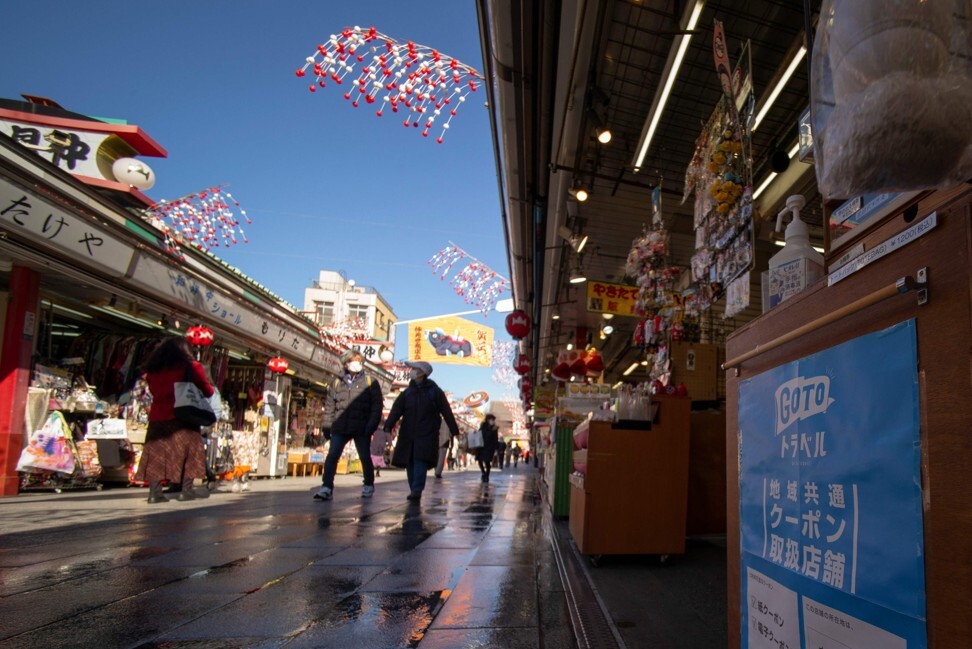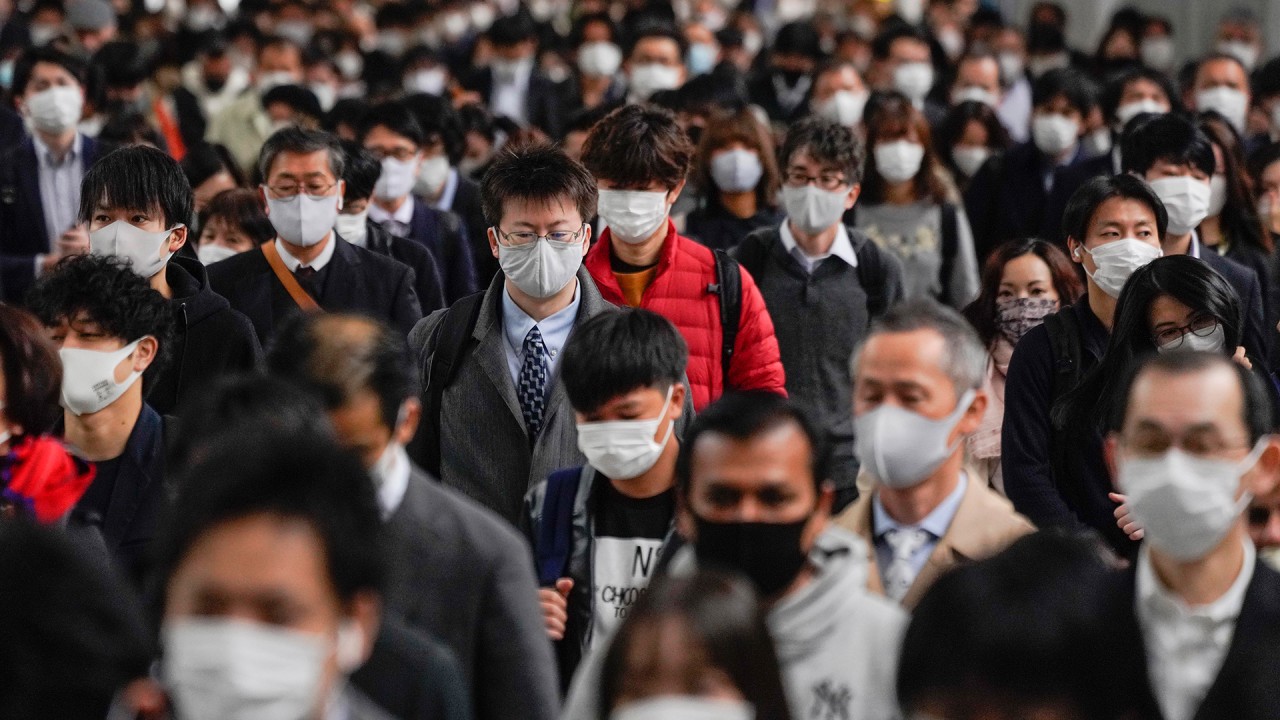
Japan seeking signs of optimism amid dire news for the economy and Olympics preparation
- The new year presents Japan with an unique opportunity to recast its economy and move into new and emerging areas instead of depending on traditional sectors
- While this year promises to be challenging for its economy, whether Japan can turn the tide will depend on whether it has learned the right lessons from 2020
So where does Japan stand in 2021? First, the biggest challenge will be to successfully host the Summer Olympics, scheduled for later this year. There are still many concerns, but Prime Minister Yoshihide Suga pledged in his new year address to continue with the preparations for the Tokyo Olympics and Paralympics.
Second, the tourism sector needs a big boost as it has been badly hit by the pandemic. The local economies of many of the smaller towns in Japan have also suffered. In addition, Japanese companies operating outside Japan have seen their revenues plummet during the pandemic and this has hit their balance sheets.

Third, fraying ties with China are likely to have an impact on the economy as well as China is Japan’s biggest trade partner. Japan-China economic ties seem to be heading for a reset. Japan has allocated 220 billion yen (US$2.1 billion) to firms shifting production back to Japan and 23.5 billion yen for Japanese firms wanting to move production to third countries.
In addition, reports suggest that more than 40 per cent of Japanese firms the government has recognised as “possessing sensitive technology” have already started shifting their supply lines out of China or are considering doing the same. This in itself is a major fallout of the pandemic.

04:14
Covid-19: coronavirus variants seen in Britain, South Africa spread worldwide
The US under President Donald Trump walked out of the Trans-Pacific Partnership, following which Japan led the process of concluding the Comprehensive and Progressive Agreement for Trans-Pacific Partnership. In 2021, Southeast Asian countries will be a key market for Japan, as was seen in the visit of Suga to Vietnam and Indonesia in his first foreign visit after taking office.

03:29
RCEP: 15 Asia-Pacific countries sign world’s largest free-trade deal
Japan’s economy in 2021 will also depend to some extent on how the ties between China and the US develop under US President-elect Joe Biden. In addition, Tokyo stocks are set for an upward trajectory in 2021 as global vaccinations pick up and Japan’s monetary policies show results.
Be that as it may, 2021 presents Japan with an unique opportunity to recast its economy and move into new and emerging areas instead of depending on traditional sectors such as tourism. While this year promises to be challenging for its economy, whether Japan manages to turn the tide will depend on whether it has learned the right lessons from 2020.
Dr Rupakjyoti Borah is a senior research fellow at the Japan Forum for Strategic Studies, Tokyo. The views expressed here are personal

